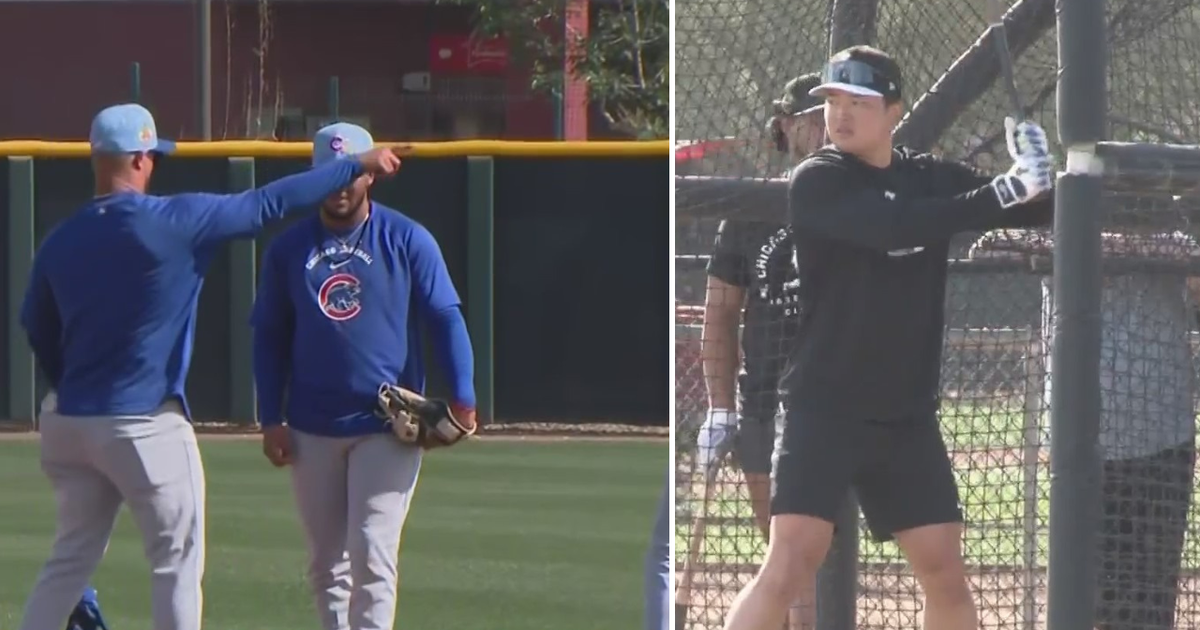By The Numbers: The First Inductees
By Father Gabe Costa
>>More Columns
Charter Members of Baseball's Hall of Fame
Happy New Year! We can now say that "Pitchers and Catchers" will begin Spring Trainings next month in Florida and other places, no matter how much snow may come our way!
A few weeks ago, there was some news about the Hall of Fame. Hall of Fame selections almost always give rise to passionate opinions and heated discussions. We still ponder whether Pete Rose will ever be enshrined into the Valhalla of Baseball and, nine decades after the Black Sox scandal, Joe Jackson's name is still bandied about with respect to this issue. What will happen in a few years when Barry Bonds and Roger Clemens are eligible for Cooperstown? And will homerun percentage champion Mark McGwire ever get past garnering a mere quarter of the votes cast, thereby falling far short of the amount of "yeses" required for election?
As we know, there are many ways in which players, managers, umpires, and executives can gain entrance into the Hall of Fame. Sportswriters and Announcers are also in Cooperstown, as are stars from the Negro Leagues who were banned from the Major Leagues before 1947.
In this episode of By The Numbers, I would like to take a look at the first members inducted into Baseball's Hall of Fame. The doors of the Hall of Fame first opened in 1936. Five immortals were chosen by The Baseball Writers Association of America (BBWAA). The total number of votes cast that year amounted to 226. No player then - or ever - was elected unanimously. Four writers left Ty Cobb off the ballot, while eleven voters left both Honus Wager and Babe Ruth off their ballots. Christy Mathewson barely made 90% of the lists while Walter Johnson did not even make it on 85% of the charts. No one else received the necessary 75% of the votes.
Even without the penetrating tools of sabermetrics, it strains the imagination to think that an "expert" would omit Ty Cobb from his list. The Georgia Peach won twelve league batting titles in thirteen years and was considered by many as the greatest player ever.
Leaving Honus Wager off one's list was considered by some even more egregious than omitting Ty Cobb. The Flying Dutchman was not only revered, but also loved, and considered by some to be a greater than even Cobb.
No two pitchers were ever respected more than The Big Train, Walter Johnson and Big Six, Christy Mathewson. Yet, a substantial number of experts did not deem them worthy of this singular honor.
And Babe Ruth? He was – and still is – the greatest player ever. Even without such modern metrics as Linear Weights, Runs Created, Win Shares, On Base Plus Slugging, and any other instrument which may be included, how could any "reasonable" writer not consider the Babe as worthy of the Hall of Fame?
Go figure.
One other point: it is interesting to note some players who were eventually elected, but were not members of that first class. What do Grover Cleveland Alexander, Tris Speaker and Cy Young have in common? Clearly, they were not members of that first class.
Why not?
Alexander the Great won thirty or more games for three consecutive years and hurled ninety shutouts in his career.
Tris Speaker was considered (and is still considered by some) as the greatest defensive centerfielder ever, while smashing more doubles than any player who ever lived.
And Cy Young won over 500 games.
Again, go figure.
By the way, the following website may be helpful to the reader:
http://www.baseball-almanac.com/hof/hofmem3.shtml
Next Blog: Some Pioneers in Sabermetrics







